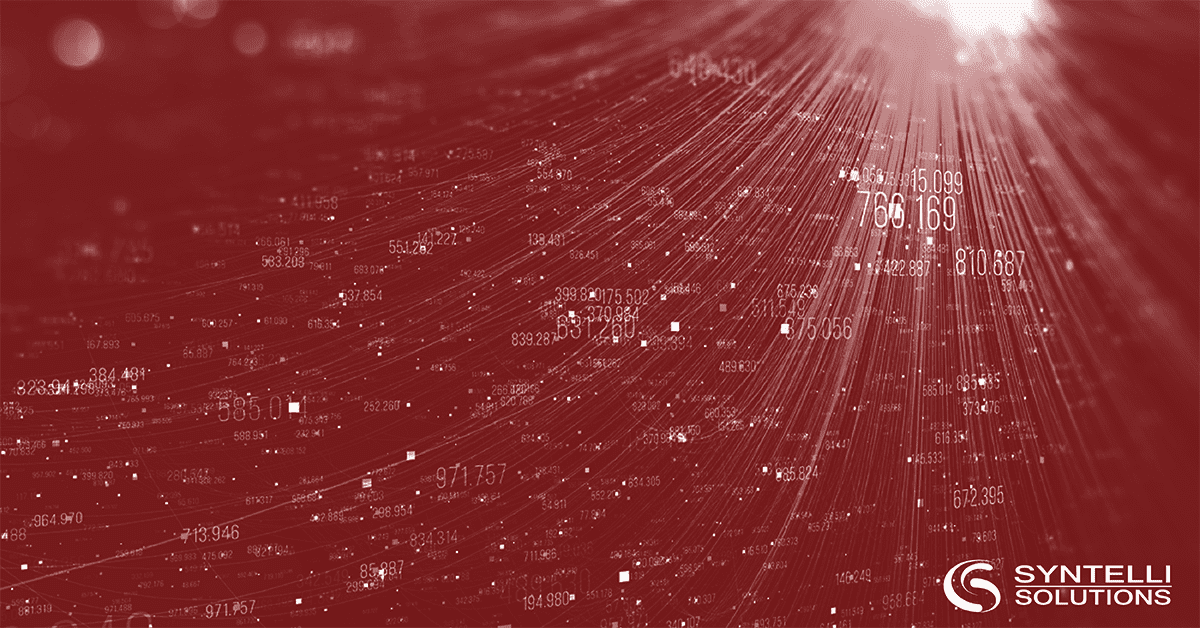What is Data Governance?
Data governance is an all-encompassing data engineering and data management concept that organizations adopt to ensure high quality of data throughout the entire data life-cycle. This concept is based on four concepts – availability, applicability, integrity, and security. Data across organizations is varied and of different magnitude. The objectives of this data too, is varied. Hence, application and protection of this data requires different methodologies, technologies, and processes. These factors exponentially increase the criticality and importance of the use of data governance tools.
Just getting the processes, technologies, and resources won’t make your data secure. All these resources need to work in resonance, coordination and clockwork like precision to ensure gaining the optimum value of data. Information governance is only a facilitator to the people who need to imply streamlined, disciplined and guided processes and help business and IT take essential decisions for the organization. Without these disciplined processes, the data will remain an unharnessed commodity to the organization.
Some examples of data governance and its use cases are, business intelligence applications, data lakes and data warehouses.
Learn More: 10 Top Things to Remember about Data Governance
Evolution of Data Governance
There has been a marked change in the past few years in adopting data governance processes as well as understanding the risk and regulatory compliances. However, in recent years, companies have become more aware of these data governance policies, their benefits, and future applications. Now, most of the organizations have started implementing data governance right from the beginning and have a separate budget and roadmap assigned for it. However, when it comes to its functioning and operationalization, companies find themselves in murky waters.
Since a couple of decades, with the shores shrinking for organizations, the scope of data has increased multi-fold. Many companies started seeing a rapid growth which made monitoring data a complex affair and an operational nightmare. It required rethinking the data module which increased costs. Furthermore, since the data was unregulated, reporting could very easily be manipulated. And if not, the data was visible across various departments, domains, product and service lines which resulted in organizations being exposed to data theft, data mishandling, dubious reporting, and erroneous decisions. This created the birth of data governance and smart data management.
Learn more: Using data science to transition from insights to impact
Data Governance Framework & Implementation
Data governance includes collecting data accurately, streamlining and standardizing it, so that it can be used for better decision making purpose. It enables the retrieval of the right data whenever required by the stakeholders as well data reporting and visualization. The entire business operation, productivity, and efficiency improves with a proper data governance framework, thereby reducing the unnecessary operational expenses and avoiding data breaches etc.
It also helps with process streamline & standardization, control, accountability, and efficiency growth. Thereby, organizations and the technology office now sets aside a budget to strategize and implement data governance. As a result, organization specific data governance frameworks are taking precedence. Due to the explosion of data and the avenue’s for data, the data governance implementation cannot be rigid. Hence, these policies have to be fluid and incorporate multiple data governance best practices as well as incorporate aspects of enterprise data governance.
There are some organizations where data governance is deeply rooted due to their early adoption to data governance policies and compliance. Data governance regulations are highly prevalent in heavily regulated industries like banking and financial services, securities, healthcare and life sciences where data breaches and amortization of data puts personal information at risk. Industries such as retail where omni-channel avenues collect in-depth customer data have increased the adoption of data governance models and standards. This has also started aiding towards creating behavioral marketing campaigns using big data, predictive analytics and data mining tools.
Data governance is an ever evolving process which needs to be monitored at regular intervals. In recent times, the emergence of new technologies like big data and blockchain are making it even easier for CIO’s to overcome the challenges of data governance operationalization.



